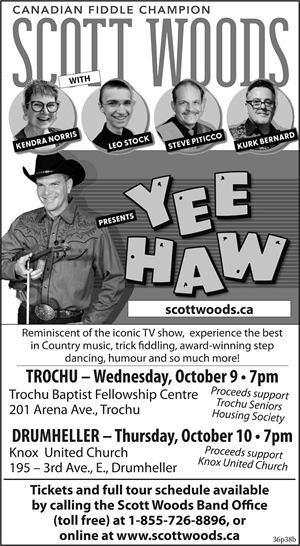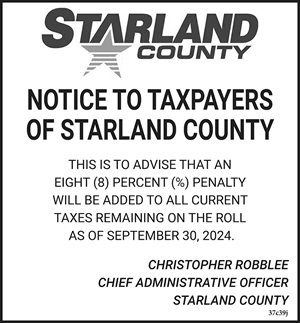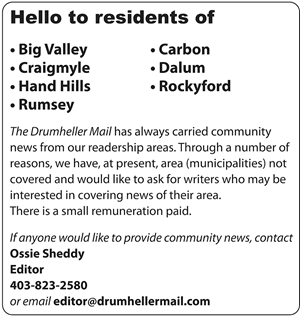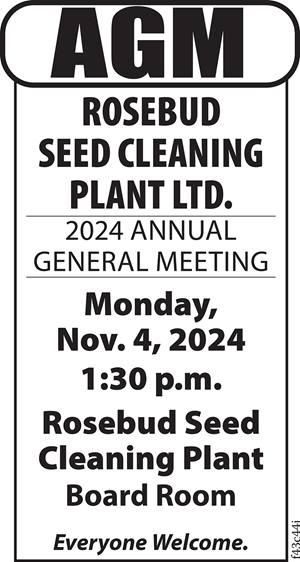
Kneehill County council will mitigate increases to ratepayer tax bills after passing a Property Tax bylaw with a reduced mill rate during the regular Tuesday, May 9 council meeting.
Property assessment values were up some 7.2 per cent in the county, and while ratepayers may still see some increases to their overall tax bill, the increase is much lower than if council had made no changes.
“Council’s past practices and prudent financial planning have positioned the county very well. The County has not experienced an Operating Budget deficit, has no reliance on borrowing, has maintained or enhanced service levels, maintained roads and other infrastructure and will still be able to maintain competitive tax burdens in the future,” explained property tax officer Caroline Siverson during the presentation.
It was recommended council approve a combined residential mill rate of 0.005536580, which includes the provincial Alberta School Foundation Fund requisition and Kneehill Housing Corporation requisition; this is down slightly from the combined 2022 residential mill rate of 0.013677334.
Ms. Siverson explained, although the mill rate is down, the typical hamlet home assessed at $150,000 will see an approximate increase of about $30 annually. Acreages assessed at $350,000 will see an estimated increase of about $69, while farmland will see an increase of about $66 per quarter section.
Council had previously approved an increase of $25 to its minimum property tax bill during budget deliberations, increasing this from $100 to $125.
Along with passing its tax rate, council also approved the 2023 Trochu Recreation Area Special Tax Bylaw.
This special tax rate is collected from ratepayers and forwarded to the Town of Trochu to support operations of the community’s pool facility, representing approximately 50 per cent of its operational costs.
The 2023 special tax rate will see a total collection of $61,000, funding 50 per cent of the costs estimated by the Town of Trochu for its the pool’s operational expenditures.




















